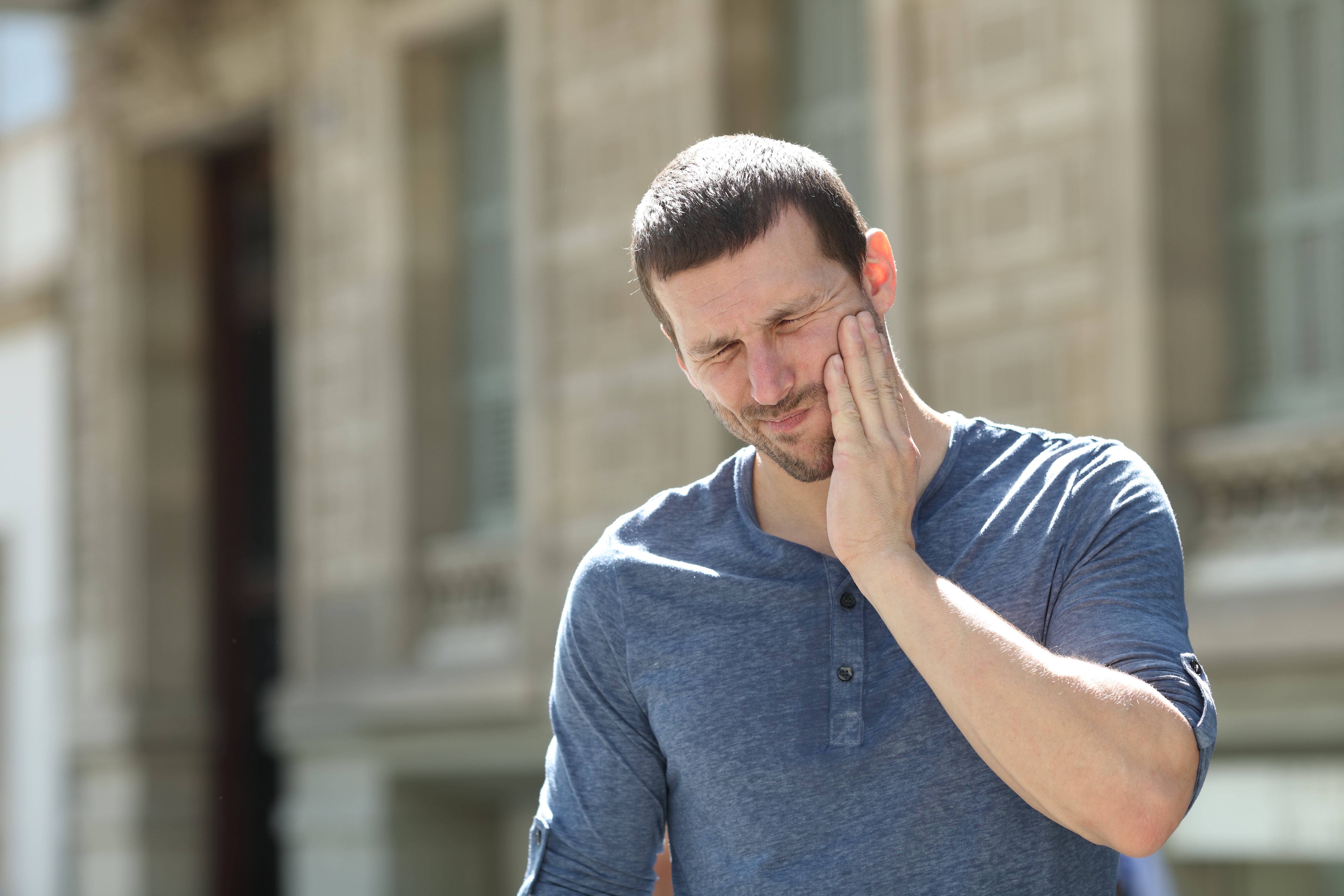
Jaw pain can be due to injury or an abnormality to the jaw joint. However, the pain can also be due to other causes. The temporomandibular joint disorder is a common cause of jaw pain that affects almost 10 million Americans.
TMJ disorder can be due to muscle pain, a jaw injury, excessive jaw joint stimulation, and a displaced disc. It can also be due to jaw-joint trauma, teeth grinding, and jaw clenching. Here are reasons to see your dentist for TMJ pain.
You Experience Frequent Headaches
The occasional headache may not be something to worry about, but frequent headaches can be a symptom of a health issue. Experiencing severe headaches, especially in the morning, is a reason to see your dentist.
If the headaches come together with facial tenderness, jaw stiffness, or jaw pain, they could be due to TMJ disorder. Grinding and clenching your teeth as you sleep can cause you to wake up with headaches.
You Have Tender Jaw Muscles
If your jaw muscles feel tender, it is a clear indication of the condition of your jaw. Tenderness is usually due to strain on the jaw joints or muscles. You might also experience pain or tenderness on the face, around the ears, the neck, and shoulders.
Sometimes, the jaw might ache when you open your mouth wide, chew, or speak. If you wake up every morning with an aching jaw, schedule an appointment with your dentist at Concierge Smile Boutique.
Your Jaw Locks or Becomes Stiff
An occasional stiff jaw is usually not a cause for alarm, but if it happens frequently, something is wrong. If your jaw becomes locked or stuck in the open or closed position, it is a symptom of TMJ disorder.
If your jaw feels out of place in the morning or stiffness develops during the day, you may have a TMJ disorder. A stuck jaw can occur after yawning, and it is a reason to see a dentist for emergency treatment.
Sound of Clicking or Popping Jaw
The most apparent symptom of TMJ disorder is a clicking or popping sound when using the jaw. You may suffer from the disorder if you hear sounds when chewing, talking, or opening your jaw. If the sounds and jaw discomfort are accompanied by pain, you should visit a dentist as soon as possible.
Swollen Cheek or Side of the Face
If the side of your face is swollen, it could be due to a jaw disorder, and you need to see your dentist. The swelling can make it difficult to eat or talk, usually accompanied by pain. Swelling could also be due to poor teeth alignment. When the teeth fail to fit correctly, it can lead to jaw problems. Orthodontic treatment can help treat teeth misalignment.
TMJ disorder symptoms can be temporary, but in many cases, the pain can last for years. Several treatment options can help treat the condition. The most effective treatment will depend on the cause of the disorder. Wearing a night guard can help prevent teeth grinding or clenching. For many patients, a custom night guard can help alleviate TMJ disorder symptoms.
For more reasons to see your dentist for TMJ pain, visit Concierge Smile Boutique at our Culver City, California office. Call (424) 404-6400 today to schedule an appointment.








